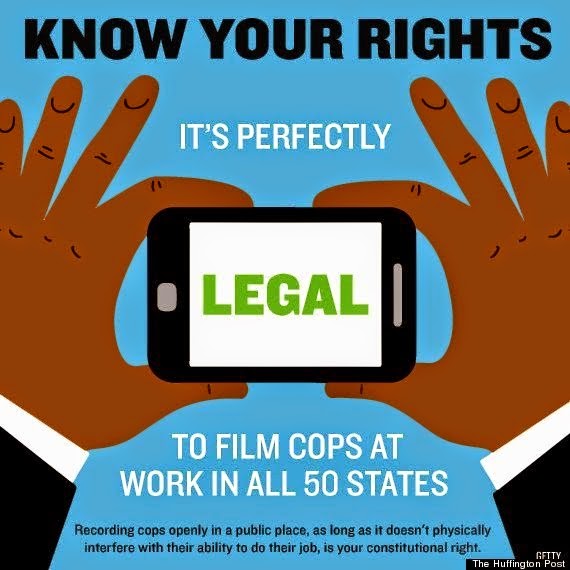MORE WAYS TO BEAT A TRAFFIC TICKET
Receiving
a ticket for a moving violation can be frustrating, especially if you feel that
the citation is unwarranted. In addition to a hefty fine, a ticket can result
in the assessment of points, which can cause an increase in your insurance
premiums. Although it may be difficult, a traffic ticket can be overturned. The
key is to be prepared for your day in court. You must gather evidence,
witnesses and present a solid case.
Thoroughly
read the ticket to determine the exact violation for which you are being cited.
Verify that the ticket is accurate based on the codes entered for the weather,
road and traffic conditions at the time of the alleged offense. Incorrect
information and omissions may result in dismissal of the citation.
Mark your copy of the citation “Not Guilty,” and mail it in to the court. Request information from the court or the police officer regarding the details of the citation. In some cases you can request that the law enforcement officer who issued the ticket provide a written deposition of the circumstances involved with the incident. The hearing will give you an opportunity to challenge the officer’s subjective observations and conclusions as well as any inconsistent statements or other weaknesses in the deposition. Prepare statements, witness testimony and any evidence that refutes the officer’s recollection of the events. The citation may be dismissed if your information requests are ignored or if the officer fails to submit a deposition. You should also request verification of the accuracy of speed measuring devices or the red-light camera if applicable.
Circumstances
beyond your control or legal justification are potential defenses when
challenging the validity of a ticket. A motorist can make an honest mistake due
to faded road markers, obscured traffic signs and ones that were recently
installed or changed. It will be helpful to have pictures of obscured signs and
faded roadway markers taken at the same time of day and similar weather
conditions when the ticket was issued. These mitigating factors may convince
the court to nullify the citation. You may be legally justified based on
mitigating factors, such as a medical emergency, avoiding an accident or
vehicle malfunction that could impair the flow of traffic. Gather doctor,
hospital and car repair bills to support your claim.
Drivers
may also argue that the violation was necessary to prevent harm. An example is
swerving across a double yellow line to avoid hitting a child who inadvertently
enters the roadway or exceeding the speed limit to avoid being struck by
another vehicle. You must be prepared to explain why your actions were required
in order to prevent serious and immediate danger to yourself or someone else.
Schedule
the court date as far into the future as possible. As the date approaches,
request that the date be postponed. The more time that passes, the more likely
it is that the officer may not appear in court or have the required documents
to support the citation. Delaying the date also enables you to familiarize
yourself with the procedures of the traffic court, so you are prepared to
answer any questions while presenting your defense.
Attorney
Zev
Goldstein, has 28 years of experience, with traffic tickets and
driving-related crimes such as DWI/DUI, unlicensed operation / driving on a
suspended license or insurance, and in restoring driving licenses.
- See more at:
http://blog.motorists.org/fighting-a-moving-violation/#sthash.B7wRoHl2.dpuf
